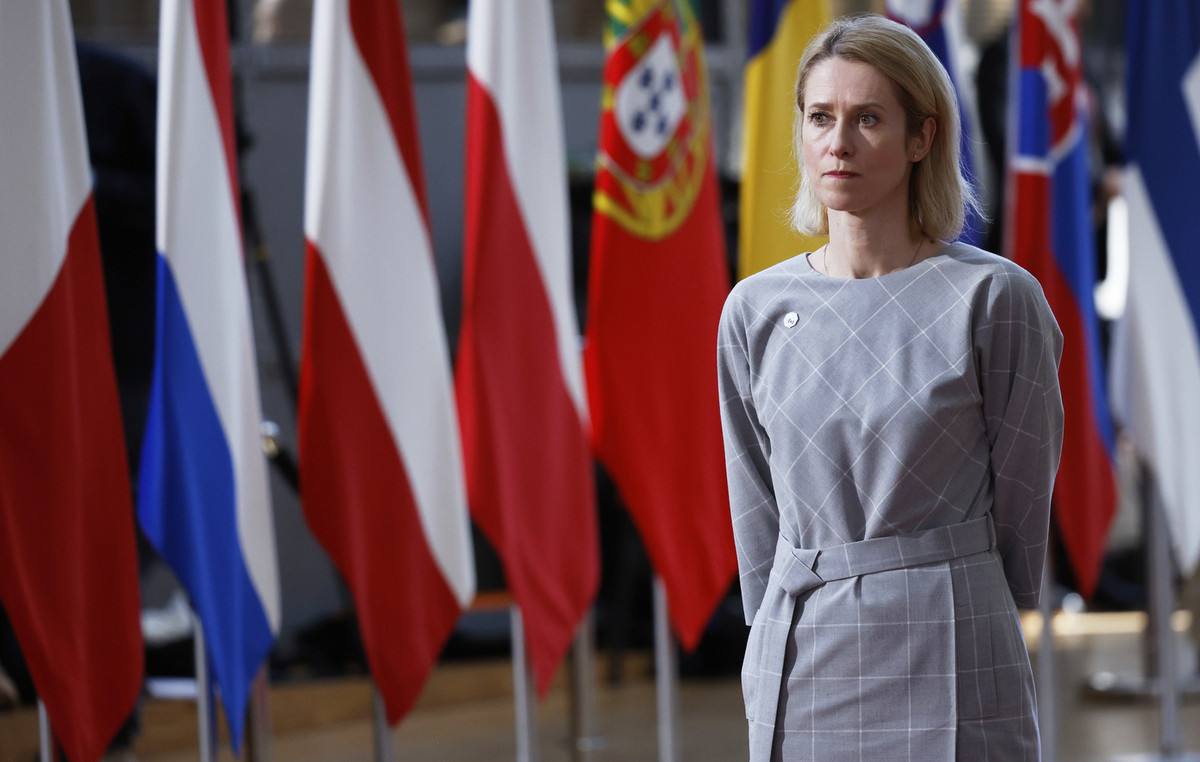In the first balance sheet of 2022, in which it incorporates the Zee.Dog brand in its numbers for the first time, Petz presented adjusted net income of R$ 21.103 million, an increase of 57.7% compared to the same period in 2021.
Adjusted Ebitda was R$52 million, up 19.6%.
Without the adjustments, accounting net income was BRL 8.3 million, a decrease of 39% compared to the same period in 2021. In the same criterion, Ebitda was BRL 42.2 million, a decrease of 3.6 %.
The company explains that the adjustments mainly refer to “non-cash” effects related to the stock option plan and the exclusion of financial expenses from interest on amounts payable from M&As (mergers and acquisitions)“.
The company separated in its results the numbers that consolidate Zee.Dog and those that only account for Petz prior to the purchase, which the company started to call “Petz Standalone”.
Petz “Standalone” Adjusted Ebitda was R$ 54.9 million, an increase of 26.3% when compared to the same period of the previous year.
The adjusted Ebitda margin in the quarter represented 7.9% of Petz’s Total Gross Revenue, a reduction of 0.2 percentage point.
The VP of Finance and New Business of the Petz Group, Aline Penna, told broadcast that this margin reduction is smaller than what the company had signaled to the market that could happen due to the costs of expansion and investments in its digital front.
She says that the company managed to make negotiations and reduce expenses to have greater efficiency. In the quarter, the company opened 10 new physical stores, out of the 50 it intends to open in the year.
In the table in which Zee.Dog is considered, however, the adjusted Ebitda margin drops from 8.1% to 7%. This decrease is related to Zee.Dog’s Ebitda, which came “close to breakeven (equilibrium)”, in Aline’s words.
“It is the first quarter that they are with us and there is still no synergy. There are some elements that justify this number, such as the international issue, costs of containers and freight, which means that one of the main products they sell, which is the Hygienic rug (25% of all the brand’s sales in Brazil), has margins contribution rates lower than we would like”, he says.
She recalls that Petz most recently announced the purchase of Petix, which already has machinery to produce Zee.Dog sanitary mats, which will increase the margins of this product and should appear more clearly in the 2023 results.
On the other hand, throughout this year, Zee.Dog should benefit from the group’s negotiating power in products it resells in its e-commerce, which should also weigh favorably on its margins. In the company’s view, with all the synergies, Zee.Dog’s profitability tends to be much more positive.
Digital
With the acquisition of Zee.Dog, Grupo Petz reached 34.5% penetration of digital sales in the company’s gross revenue. A year ago, this percentage was 28.9%. There were R$ 257.6 million in gross revenue from e-commerce.
The company’s gross margin was 40.4% in the quarter, a reduction of 0.3 percentage point compared to the same period of the previous year.
According to the company, this is a reflection of the increase in digital penetration, as well as the greater representation of the Food category within product sales.
The greater share of food in the company’s sales has a clear reason, inflation. In the quarter, highly recurring and “essential” products, such as food, pharmacy and hygiene products, accounted for 85% of Petz’s revenue.
Management noted that customers did not switch from pet food brands to cheaper options, however, by spending more on this category of products, there was less money left for buying toys and accessories.
Even so, Aline Penna points out that in the Zee.Dog brand — which is strong in pecs, guides and other accessories and toys — there was growth. Which, in her view, shows that the brand is strong enough to maintain itself in a period of inflation.
In the period, sales in Petz’s “same stores” increased by 14.1%. This growth came on top of a 33.9% increase reported in the same period in 2021.
For the company, this is a reflection of the development of the store network and the performance of units with more than three years of operation, in addition to the pass-through of price to consumers due to inflation.
Debt
The net debt (R$ 327.6 million) to Adjusted Ebitda ratio was 0.2 times at the end of the quarter. With funds from the follow-on, held in November 2021, the company raised its cash and cash equivalents and financial investments to R$498.6 million.
Net cash was R$327.6 million.
Source: CNN Brasil
I am Sophia william, author of World Stock Market. I have a degree in journalism from the University of Missouri and I have worked as a reporter for several news websites. I have a passion for writing and informing people about the latest news and events happening in the world. I strive to be accurate and unbiased in my reporting, and I hope to provide readers with valuable information that they can use to make informed decisions.







